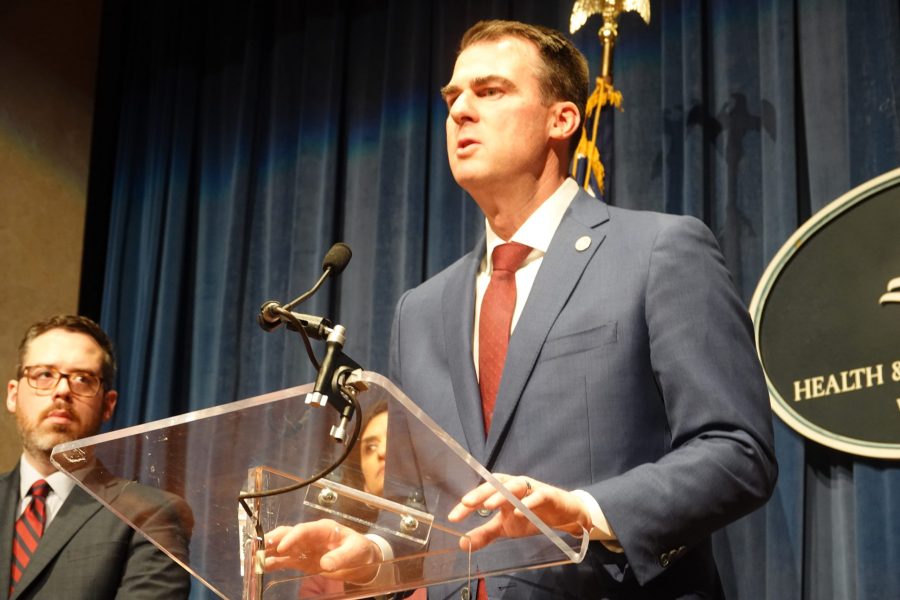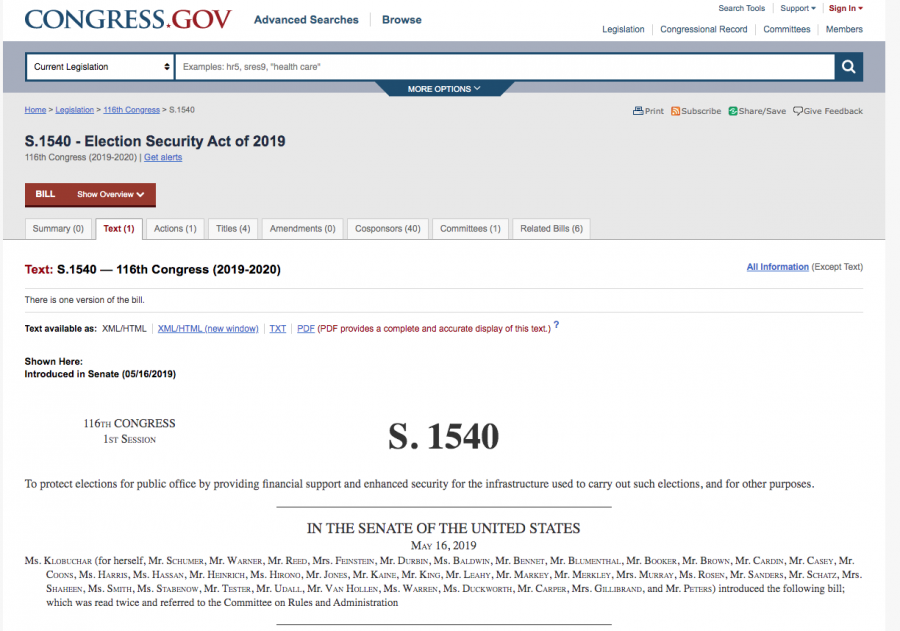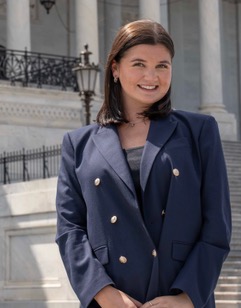WASHINGTON- Oklahoma stations will lose $3.5 million in federal public broadcasting grants following the House’s narrow 216–213 vote to pass a $9 billion rescission package early Friday.
The bill eliminates $1.1 billion in already-approved taxpayer funding for the Corporation for Public Broadcasting (CPB), forcing local stations to prepare for what comes next.
According to FY24 figures, OETA received $1,727,598 towards utilities, printing costs, tower rental and related costs, broadcast programming and more.
Friends Of OETA, Inc. is a 501(c)(3) not-for-profit organization that exists to raise funds and support the activities and programs of the Oklahoma Educational Television Authority (OETA). The organization put out a statement addressing the vote stating that this will not stop the services that OETA has been giving to Oklahoma for decades.
“Friends of OETA, Inc. will work closely with the OETA Board of Directors, executive
leaders, and state lawmakers to assess the impacts of this disappointing and unnecessary
action against the public safety and educational services OETA provides to all Oklahomans,” it said in the statement. “We are committed to keeping OETA on-mission and delivering value for the people of our state as we have for over seven decades.”
Rachel Hubbard, executive director of KOSU in Stillwater, said many questions remain following the vote. The bill leaves a $300,000 gap in KOSU’s budget, an amount that could grow to $500,000, as CPB funding also covered music rights and other operational costs.
Gaylord News is a reporting project of the University of Oklahoma Gaylord College of Journalism and Mass Communication. For more stories by Gaylord News go to GaylordNews.net.
Oklahoma Public Broadcasting Faces $3.5M Cut as House Vote Nears. July 17, 2025
WASHINGTON — Almost $3.5 million in federal public broadcasting grants for Oklahoma stations are at risk as the U.S. House prepares to vote on a package of cuts.
Early Thursday morning, the Senate narrowly passed the bill in a 51–48 vote, cutting approximately $9 billion in federal spending. Although several amendments were proposed to lessen the blow, none were adopted.
Sen. Markwayne Mullin (R-Westville) celebrated the bill’s passage on X, framing it as just the start of deeper cuts.
“@SenateGOP has PASSED the Trump Rescissions Act of 2025,” said Mullin. “Claws back $9 billion in @DOGE cuts, targeting wasteful foreign aid programs that don’t serve America’s interest, as well as NPR and PBS. Important step. More to do.”
So far, only Rep. Josh Brecheen (R-Ada) has publicly weighed in on the public broadcasting portion of the bill.
“This is not news, it’s propaganda,” Brecheen said on X. “Defund NPR and pass the rescissions package!”
Dick Pryor, the general manager at KGOU, said that though it is too early to make decisions for the future, their main goal is to win the House vote today.
“Today we are highly focused on doing whatever we can do to win the vote in the House today,” Pryor said. “Our focus is on rallying support for our cause in the House vote and plans for the future will come soon, but a little bit later.”
He added that discussions are already underway about a possible fundraiser involving NPR affiliates across Oklahoma and the nation.
Teri Bowers, general manager of Rogers State University Public Television (RSUTV), said the station receives about $800,000 annually from the Corporation for Public Broadcasting (CPB) – funding that supports equipment, staffing and programming.
“We are concerned as a small, primarily rural station because that would be a very large part of our budget,” Bowers said. “We are hoping, with cautious optimism, that something will work out.”
She noted that CPB’s funding model would give stations roughly a year to adjust if the cuts are finalized.
RSUTV is one of the two public television stations in Oklahoma. The Oklahoma Educational Television Authority (OETA) covers almost the entire state of Oklahoma with a network of four PBS stations. Rogers State University in Claremore operates RSUTV and is the only one based on a university campus.
Rich Fisher, general manager of KWGS-FM in Tulsa, emphasized that while the funding cuts could halt some programming, they will not affect the station’s journalistic mission.
“One thing I want to make clear is that it will not affect the news which we provide our listeners,” Fisher said.
Gaylord News is a reporting project of the University of Oklahoma Gaylord College of Journalism and Mass Communication. For more stories by Gaylord News go to GaylordNews.net.




